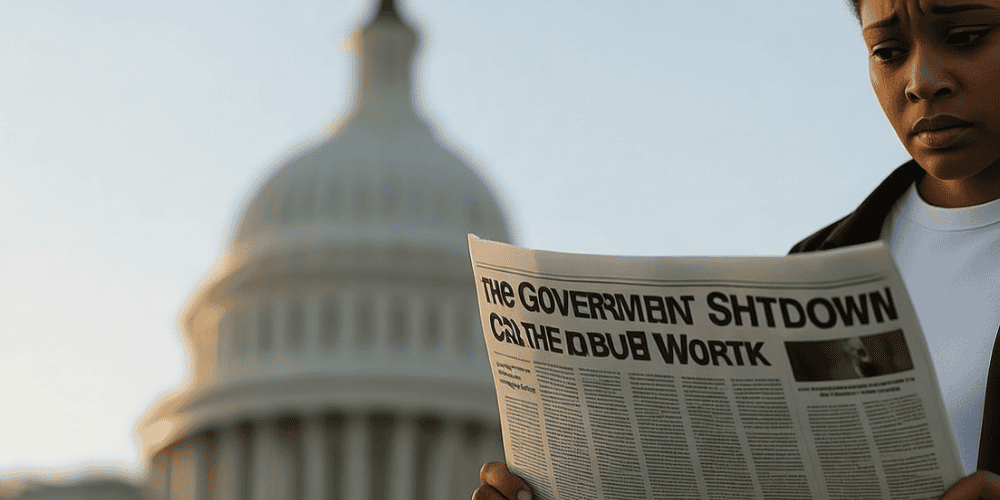
Market Overview
A potential U.S. government shutdown introduces significant uncertainty across financial markets, threatening to dampen economic activity and erode investor confidence. The immediate impact typically manifests as increased volatility in equity markets, as companies reliant on government contracts or consumer spending face potential disruptions. Furthermore, a prolonged shutdown could halt the release of crucial economic data from agencies like the Bureau of Labor Statistics, creating a vacuum of information that complicates investment decisions and economic forecasting. This lack of transparency often leads to risk aversion, prompting a shift away from riskier assets. The broader economic outlook darkens with each day a shutdown persists, as federal workers face furloughs and essential services are curtailed.
Trading Implications
Traders often respond to government shutdown threats by seeking safe-haven assets, with U.S. Treasury bonds and gold typically seeing increased demand. This flight to quality can lead to shifts in bond yields and currency valuations, particularly for the U.S. dollar. Equity investors may reposition their portfolios, favoring sectors less exposed to government spending or domestic economic sensitivity, while highly leveraged or government-dependent firms could experience significant share price declines. Short-term trading strategies often focus on event-driven volatility, but the absence of reliable economic data can make fundamental analysis challenging. Hedging against potential market downturns through options or futures contracts becomes a more prominent consideration for many participants.
Key Insights
The duration and scope of a potential U.S. government shutdown are paramount in determining its ultimate economic and market ramifications. While essential services, including certain Social Security payments and unemployment benefits, are often prioritized, even minor delays or the perception of instability can create widespread anxiety among beneficiaries and consumers. A protracted shutdown underscores the systemic risks associated with political gridlock and fiscal policy disputes, potentially impacting the nation's credit standing and long-term borrowing costs. The episode serves as a critical reminder of how governmental functions are inextricably linked to the smooth operation of financial markets and the broader economy, highlighting the need for predictable policy environments.